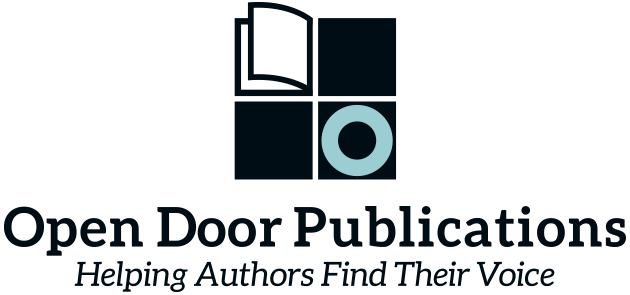Maybe you’re contemplating putting pen to paper. Maybe your magnum opus is tucked into a desk drawer, awaiting your next move. No matter your authorial status, whether aspiring or fully fledged, you’ve likely come across the plethora of terms associated with publishing these days. You can self-publish or e-publish. You can submit to traditional publishers or trade publishers, vanity presses or independents. The question of the day: What’s the difference?
Following the traditional publishing model, a writer would find an agent to represent her work to a commercial or trade publisher. Researching, querying and being accepted by an agent is a long, typically arduous process. If an agent should decide to represent your book, she would then present it to publishing houses. There is no guarantee the work would sell. If a publisher decided to take a chance on your baby, it would go through a number of rounds of editing and formatting before it hits the shelves.
Depending on your contract, your control over your book could be very limited. One author I spoke with had to get permission from his publisher just to give a seminar using the title of his book. Another told me that while writing his book was one of the best experiences of his life, publishing it was one of the worst.
Independent publishing follows the traditional model, but on a smaller scale. Books are typically in niche genres and runs are small, as are advances. Writers often submit proposals and queries directly to the publisher, without the assistance of an agent.
The Internet has revolutionized the face of publishing and has popularized self-publishing. Self-publishing is the publication of any book or other media by the author and at the author’s expense. Vanity presses cater to this market of aspiring authors. Writers have a multitude of self-publishing options.
- Print-on-Demand (POD) is a business model in which books are printed only as they are needed.
- E-book publishing requires authors to format and digitize their books for consumption on computers, e-readers or other compatible devices, such as smartphones.
Though the number of self-publishing authors is on the rise, writers considering this option should take care to read the fine print and weigh available services. Some vanity presses, both print and digital, require their authors to sign contracts that restrict their ownership rights for a number of years. When publishing something on your own and funding it with personal capital, you should never be required to sign away the rights to your work.
Ethical houses, like Open Door Publications, seek to assist you in your goal to become a published author. They typically assist you in registering your ISBN (International Standard Book Number) and setting your book up to sell at national booksellers, such as Amazon.com, Barnes and Noble and Borders. ODP authors can also take advantage of a variety of other services, such as coaching for the writing process, editing, formatting, cover design and marketing.
The route you take is your own. There is no right or wrong option; merely the one that is best for your book, your process and your goals.
Have something to add to the conversation? Leave us a comment!
